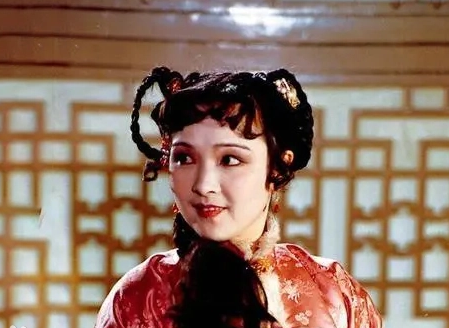The Liao dynasty, a powerful dynasty once established on the vast land of northern China, played a significant role in the development and evolution of Chinese history. However, in many historical records and materials, we often see the Liao dynasty appearing as the opposite of the Song dynasty, and it has not been fully included in the category of Chinese history. Why is that? This article will explore this issue from multiple perspectives.

First, from the perspective of geography and ethnicity, the founders of the Liao dynasty, the Khitans, were not Han Chinese, but belonged to a Mongolian-speaking ethnic group. In the ancient Chinese view of history, the distinction between the Chinese and the barbarians was always an important concept, with the Han Chinese regarded as the orthodox of China, while other non-Han Chinese were regarded as barbarians. Therefore, under the influence of this historical concept, the Liao dynasty established by non-Han Chinese was naturally difficult to be fully accepted as a part of Chinese history.
Secondly, from the perspective of political system and cultural tradition, although the Liao dynasty was influenced by Han culture to some extent, its political system, social structure, and cultural tradition were significantly different from those of the Han Chinese. The Liao dynasty implemented a dual political system, namely the system of the Northern and Southern Courts, which was very different from the traditional centralized power system of the Han Chinese. In addition, the Liao dynasty also retained its own characteristics in religion, language, writing, etc., which made it culturally distant from the Han Chinese.
However, despite some differences between the Liao dynasty and the Han Chinese in certain aspects, its historical relationship with China was close. Although there were wars and conflicts between the Liao dynasty and the Song dynasty, there were also long-term peaceful exchanges and trade between the two countries. This exchange not only promoted economic prosperity between the two countries but also deepened cultural exchanges and integration.
Finally, we need to recognize that history is pluralistic and includes the blending and development of different ethnic groups and cultures. Excluding the Liao dynasty from Chinese history undoubtedly ignores its contribution and influence on the development of Chinese history. Therefore, we should approach history with a more open and inclusive attitude, recognizing that the Liao dynasty, as an independent political power, has a historical status and value that cannot be ignored.
In summary, the reasons why the Liao dynasty was not included in Chinese history mainly lie in its non-Han identity, differences in political system and cultural tradition, and the influence of traditional historical concepts. However, with the deepening of historical research and the updating of historical concepts, we should re-examine the relationship between the Liao dynasty and Chinese history, and give it its due historical status and value. This will not only help us to more comprehensively understand the diversity and complexity of Chinese history, but also help us to better understand and respect the differences and blending of different ethnic groups and cultures.
Disclaimer: The above content is sourced from the internet and the copyright belongs to the original author. If there is any infringement of your original copyright, please inform us and we will delete the relevant content as soon as possible.































